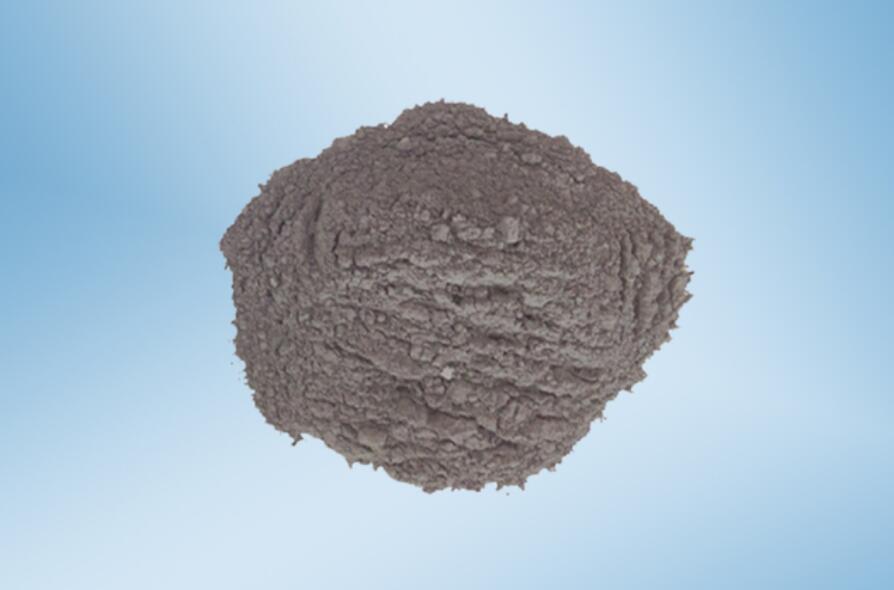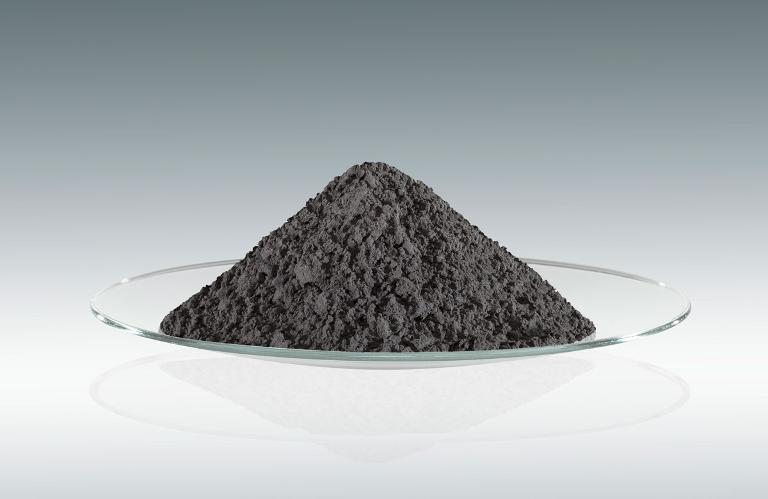
Preparation of rhenium powder refers to the metallurgical process of producing metal rhenium powder from rhenium compounds. The rhenium compounds commonly used in the production of rhenium powder are ammonium perrhenate, potassium perrhenate, rhenium(VII) oxide, and rhenium pentachloride. The commonly used methods for the preparation of rhenium powder include hydrogen reduction, electrolysis, and halide thermal dissociation. So this article, let’s take a deeper look at these methods.

Preparation of Rhenium Powder
The hydrogen reduction method refers to putting ammonium perrhenate or potassium perrhenate in a tubular reduction furnace to pass hydrogen to reduce, and the reduction is usually carried out in two steps. The first reduction temperature of ammonium perrhenate is 573-623K, and the second reduction temperature is 1073-1223K. The first reduction temperature of potassium perrhenate is 773-823K, and the second reduction temperature is 1173-1273K.
The purity of rhenium powder depends on the purity of the raw materials. When the purity of ammonium perrhenate reaches 99.99% or more, the purity of the resulting rhenium powder can reach 99.99% and the particle size can be less than 2.5 μm. The rhenium powder made with potassium perrhenate contains a lot of potassium, that is, it still contains a few thousandths of potassium after washing with water and dilute hydrochloric acid, and the purity is only 99%. This kind of rhenium powder is not suitable for deep processing.
Therefore, the method of reducing potassium perrhenate with hydrogen has been eliminated. Reducing rhenium(VII) oxide with hydrogen can also obtain pure rhenium powder, but the cost is higher.
Electrolysis refers to the process of preparing metal rhenium powder from ammonium perrhenate or potassium perrhenate aqueous solution by aqueous solution electrolysis. Electrolysis is carried out in an electrolytic cell with platinum sheets as anodes and tantalum sheets as cathodes.
The mass concentration (g/L) of some components of the electrolyte is ammonium perrhenate 100, ammonium sulfate 60, sulfuric acid 100 or potassium perzine 50, ammonium sulfate 40, and sulfuric acid 75. The current density of 1A/cm2 and the electrolysis temperature of 343K is used to keep the electrolyte circulating and the concentration stable, and the rhenium powder is regularly stripped from the cathode tantalum sheet.
The prepared rhenium powder was washed with alcohol and dried, and then treated in hydrogen at 1073K. The particle size of the obtained rhenium powder is relatively coarse, mostly larger than 4μm, which is not suitable for the raw material for the production of dense rhenium by powder metallurgy.
Rhenium metal can be obtained by thermal dissociation of rhenium halide. Inert gas is used as a carrier to bring ReCl5 with a boiling point of 603K into the heat-resistant glass chamber. When ReCl5 encounters tungsten or molybdenum wire heated to 1473-1573 under vacuum in a heat-resistant glass chamber, a thermal dissociation reaction occurs, and metal rhenium is deposited on the tungsten or molybdenum wire. This method is mainly used to plate rhenium on tungsten and molybdenum products.
Thank you for reading our article and we hope it can help you have a better understanding of the methods for the preparation of rhenium powder. If you want to learn more about rhenium and rhenium powder or other refractory metals, we would like to advise you to visit Advanced Refractory Metals (ARM) for more information.
Headquartered in Lake Forest, California, USA, Advanced Refractory Metals (ARM) is a leading manufacturer & supplier of refractory metals & alloys across the world. It provides customers with high-quality refractory metals & alloys such as molybdenum, tantalum, rhenium, tungsten, titanium, and zirconium at a very competitive price.
Copyright © 1994-2024 Advanced Refractory Metals owned by Oceania International LLC, All Rights Reserved.